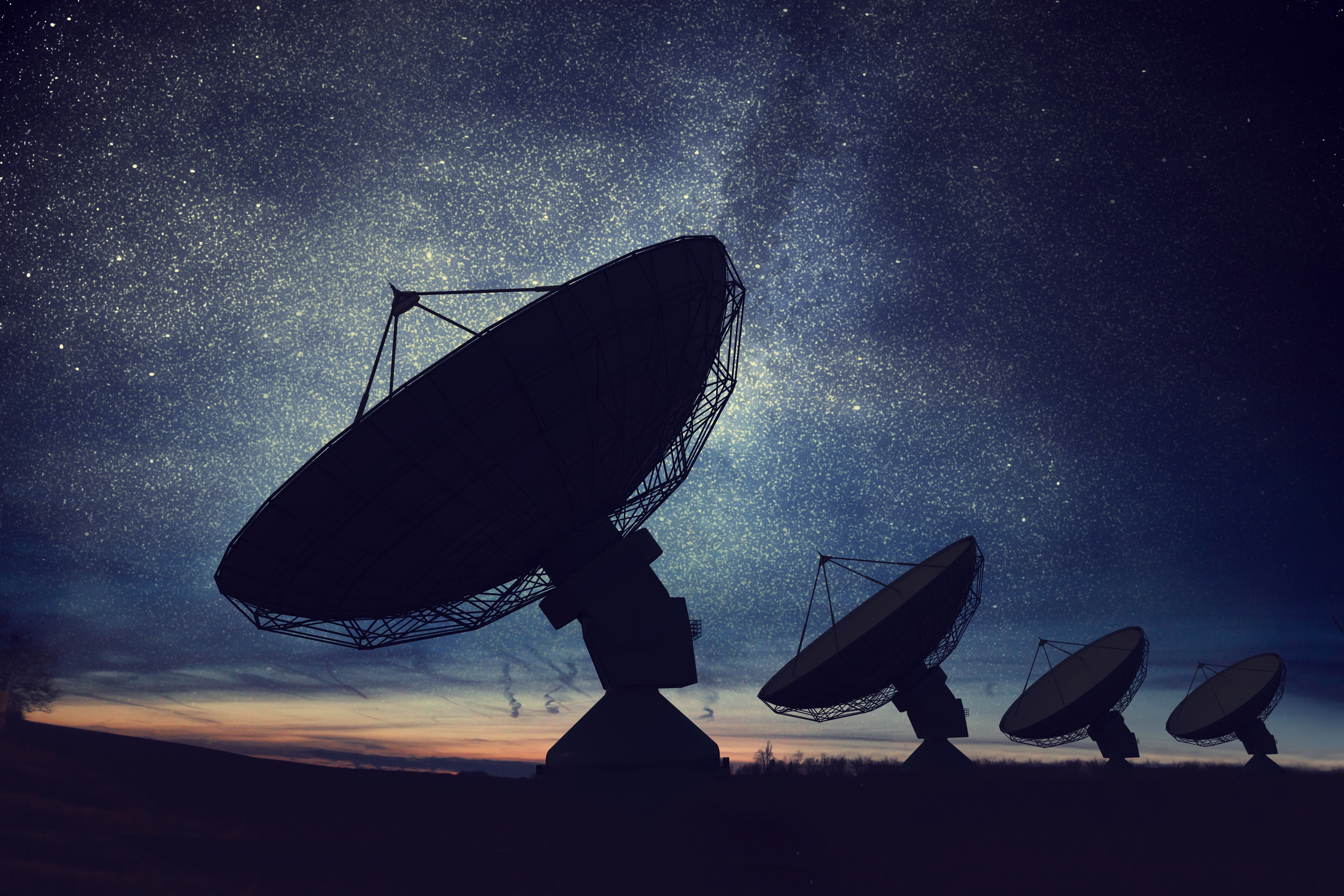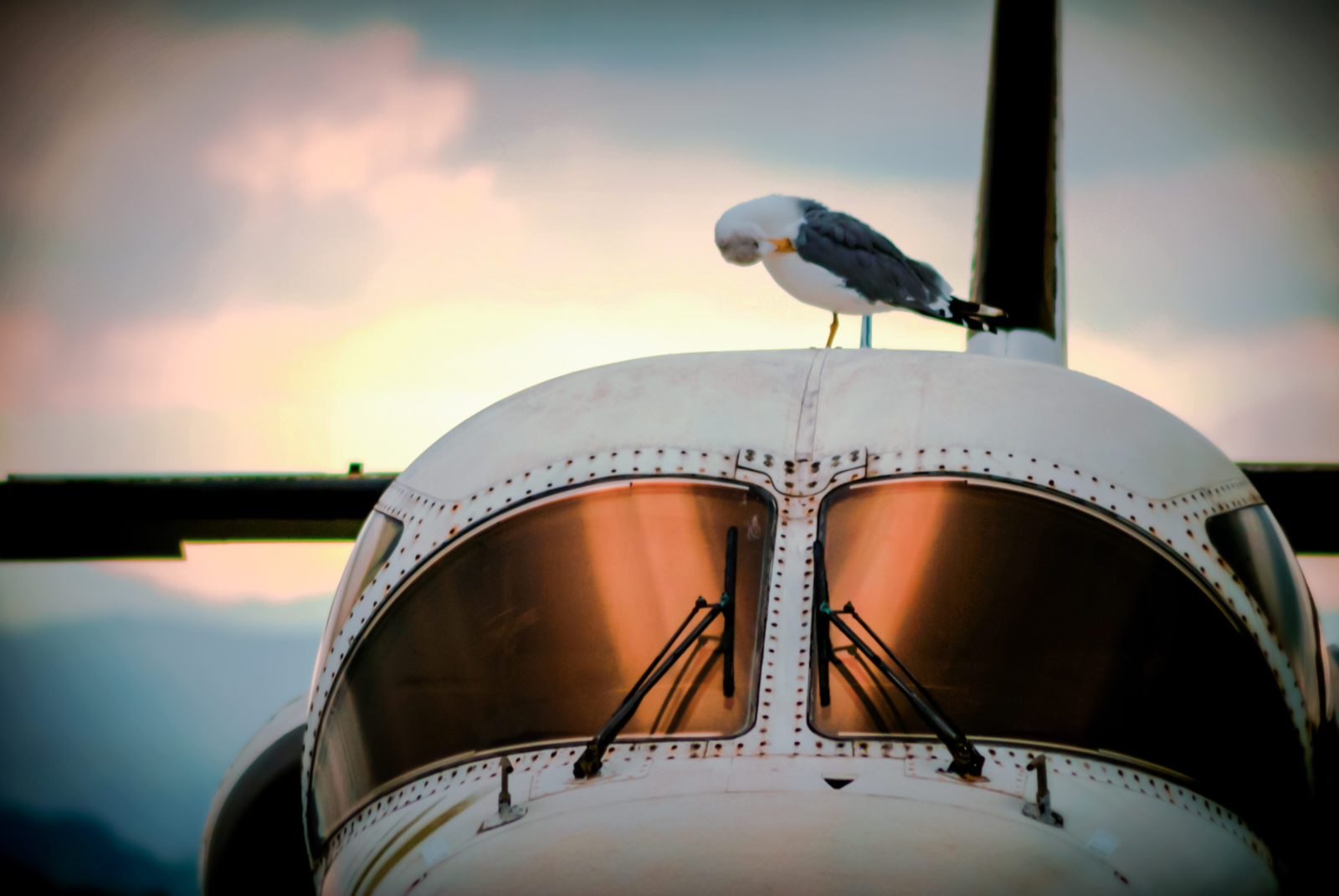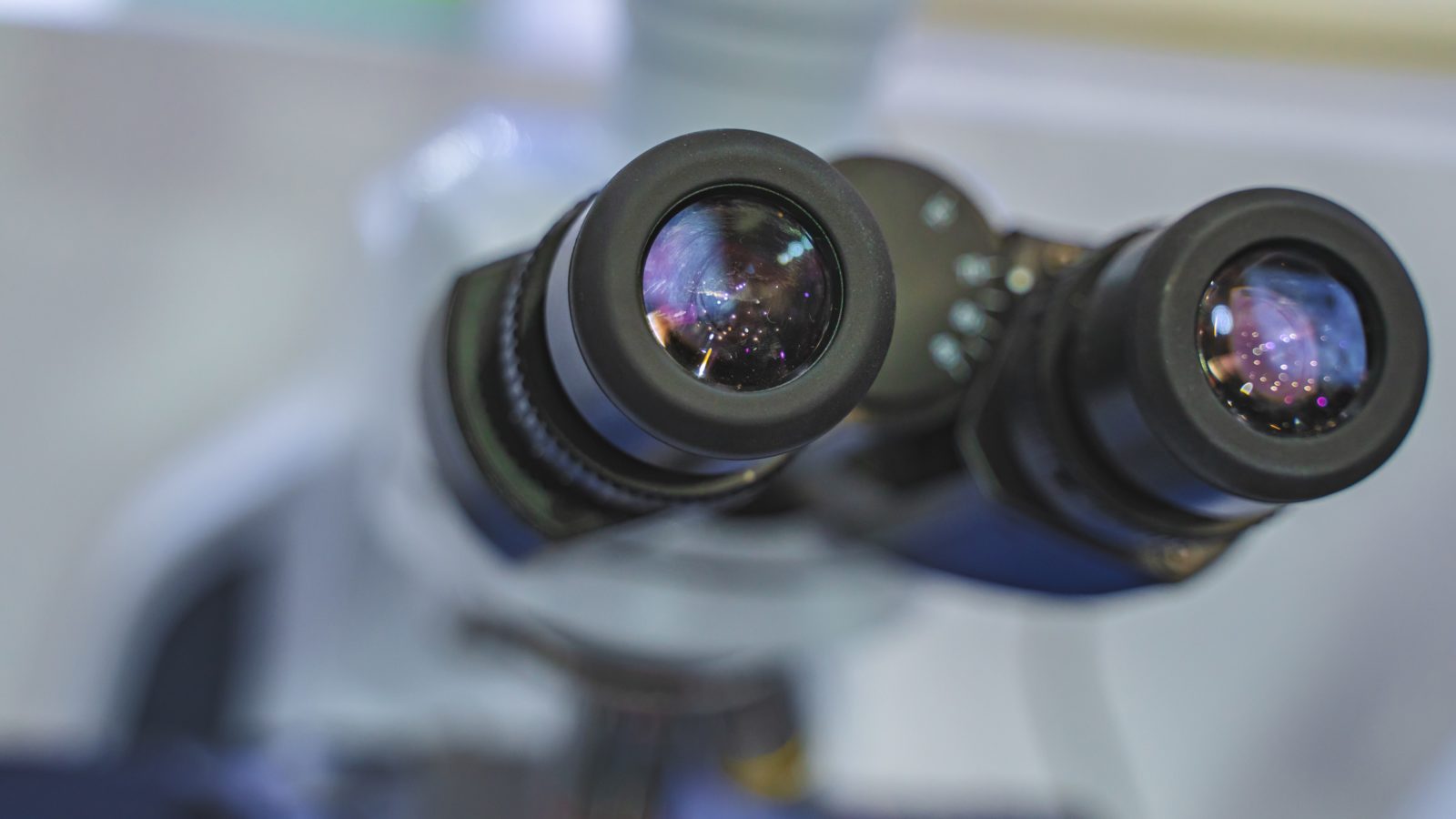
The Theory of Intelligent Design from the Point of View of a Philosopher of Science
Interview with biochemist Stephen C. Meyer, a philosopher from the Discovery Institute in the USA 00:29 | What is intelligent design theory? 01:33 | Is intelligent design theory empirically testable? 02:38 | Does intelligent design theory lead to scientific predictions? 04:36 | Can intelligent design theory be the basis for new research? 06:58 | Is ID theory religiously motivated? 08:10 Read More ›







